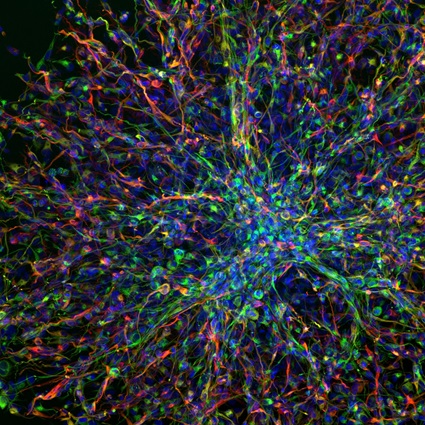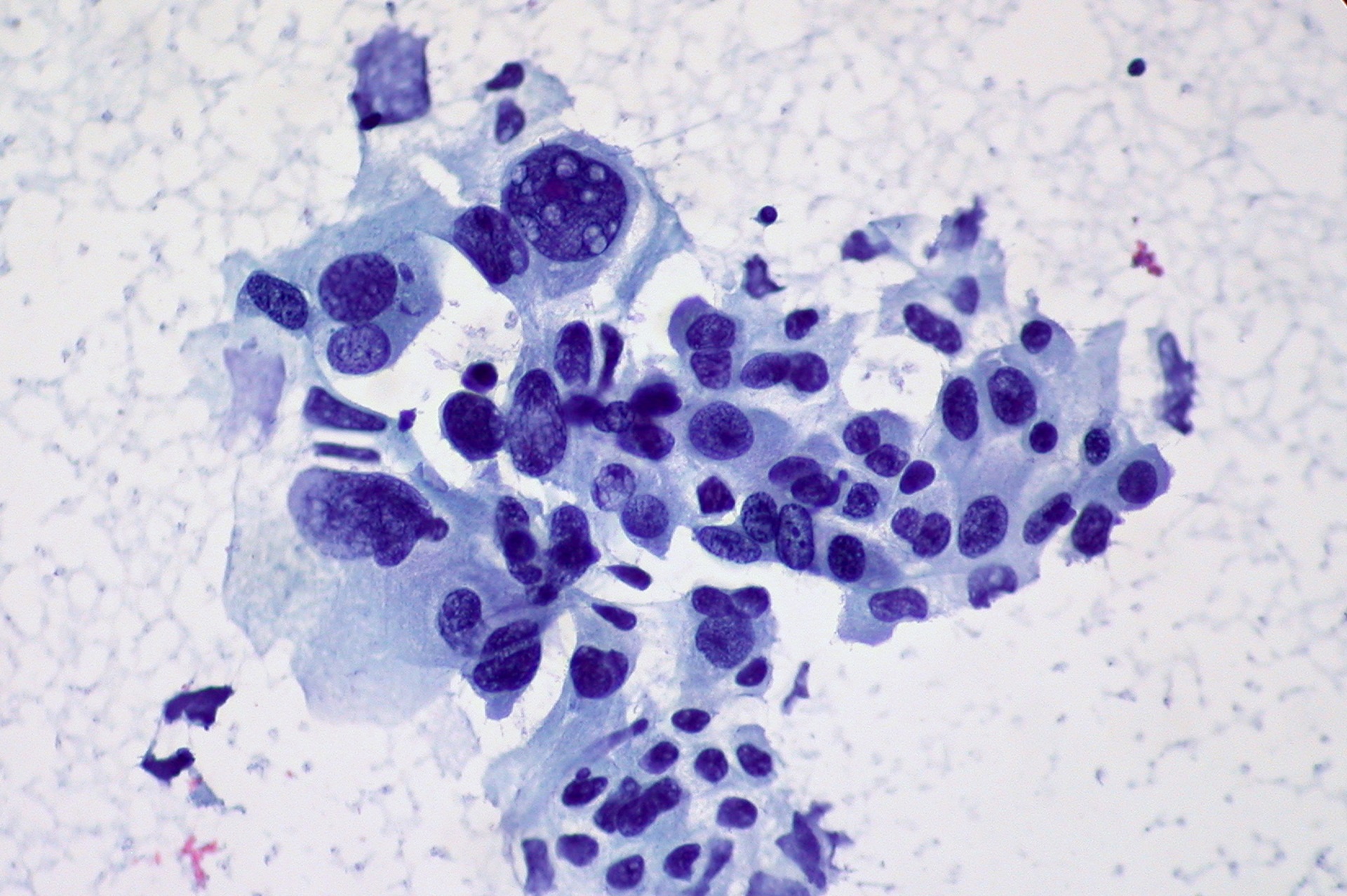Our research into childhood cancers
We are internationally leading in the study of cancers in children, teenagers and young adults.
Our researchers play key roles in international research efforts that are transforming how these devastating diseases are treated, as well as pioneering studies of cancer types not studied elsewhere in the UK.
Our scientists including Professor Sir Mel Greaves, whose work has underpinned new treatments for leukaemia and pioneered new understandings of its causes, are renowned in their fields.
Image: Non-small cell lung cancer, Image Credit: Dr Ed Uthman/Yale Rosen
Our progress against childhood cancer
Neuroblastoma
ICR researchers working with our partner hospital The Royal Marsden NHS Foundation Trust have led major studies and clinical trials of new drugs that have changed the standard of care in neuroblastoma – the most commonly fatal solid tumours in children.
For example, an ICR group headed by Professor Louis Chesler found that the drug fadraciclib, jointly discovered at the ICR, which had already passed safety trials in adults, could shrink neuroblastoma tumours, almost to the point of eradicating them.
Our scientists also developed a model that helps study how neuroblastoma spreads around the body, and accurately reflects what happens in children with the disease.
Precision medicine
Professor Chesler’s group is working to make targeted drugs and medicines more accessible for childhood cancers, so that children can get the same benefits from these therapies as adults. Professor Chesler also helped to develop a gene test to improve how well we match patients to targeted drugs, which is now part of NHS practice. This work was made possible by funding from our family charity partners, such as Christopher’s Smile.
Professor Chris Jones led the largest and most comprehensive study to date of infant glioma, an aggressive type of brain tumour, which found that these tumours are biologically distinct from other childhood tumours and can be treated with targeted drugs.
We were also involved in research that revealed specific genetic changes underlying the development of rhabdomyosarcoma and affecting patients’ chances of survival. Professor Janet Shipley led the international study that could inform new ways to tailor treatment for patients.
Cancers of unmet need
We are making progress in new treatments for relatively under-studied or uncommon cancers affecting children and young adults, including:
- High grade gliomas, including glioblastoma and DIPG
- Rhabdomyosarcoma
- Ewing’s sarcoma
- Osteosarcoma
- Malignant rhabdoid tumour
- Desmoplastic small round cell tumour
Our research into these tumours is often made possible thanks to our network of passionate family charity partners, such as Abbie's Fund, who have been touched by cancer themselves.
Abbie Shaw was diagnosed with Adrenal Neuroblastoma before her second birthday. She sadly passed away at just 5 years old.
By supporting our research, the fundraising efforts of our charity partners are leading to unprecedented insights into these diseases. As a UK charity, our world-leading research relies on the donations of individuals and organisations to further our work.
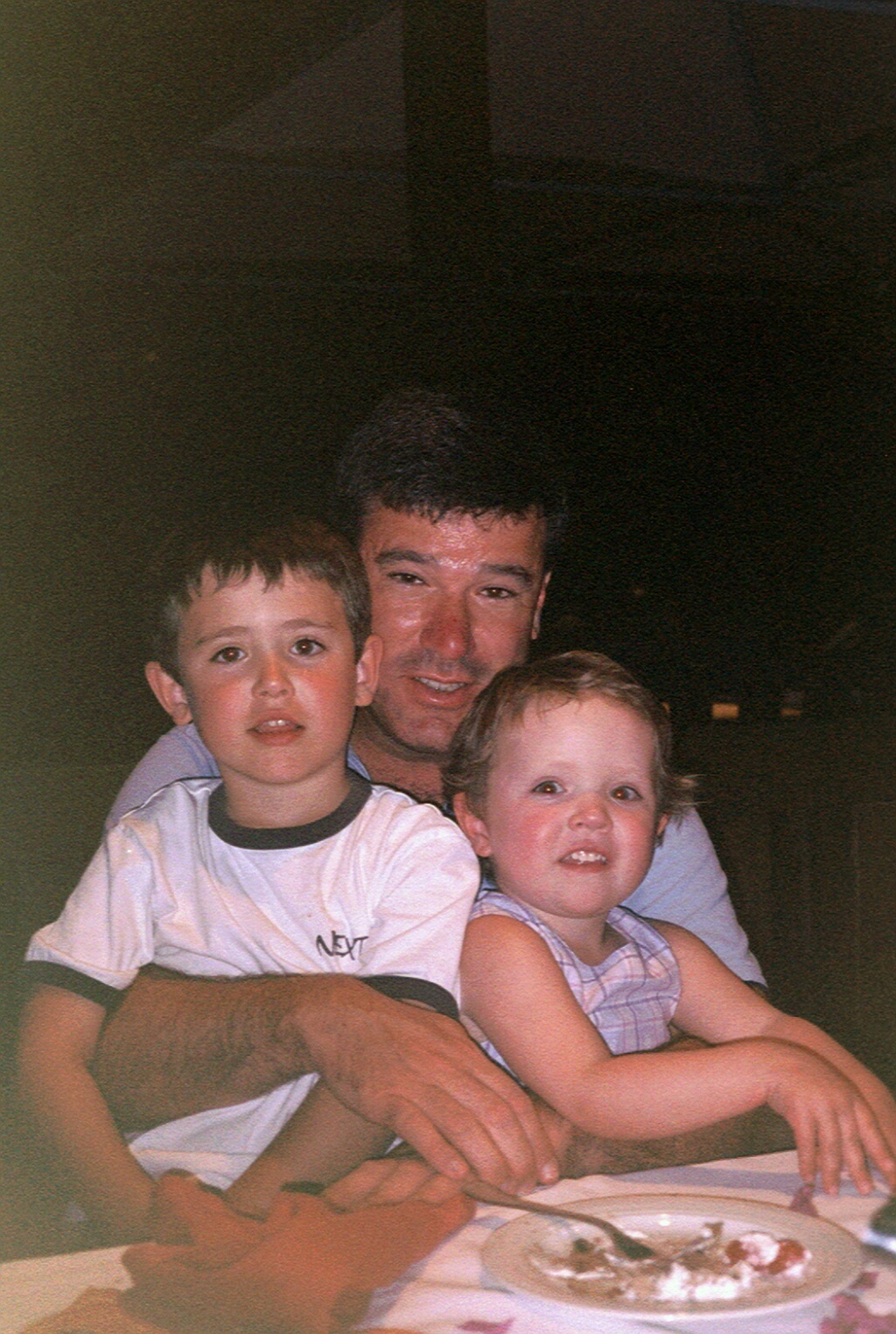
“To see the progress that’s been made in childhood cancer research is just incredible. When Abbie’s Fund first started, we met with the ICR and spoke about making neuroblastoma survivable – that seemed like such a faint hope at the time, and now it looks like it might be possible.
“Abbie would be chuffed to bits to know that research being carried out in her name could lead to a cure for this horrendous cancer.”
– Mike Shaw, Abbie's dad
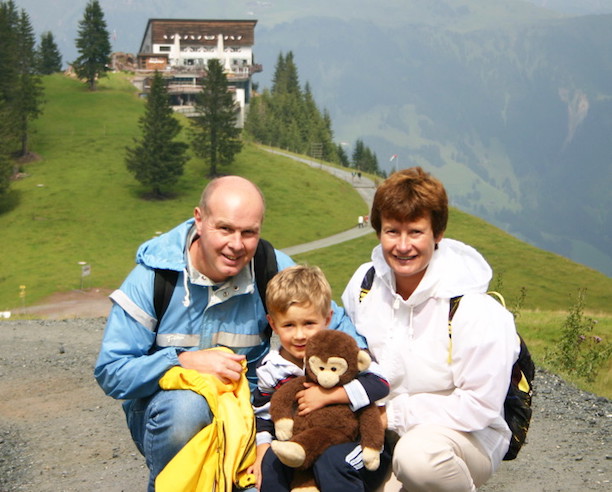
Family charity partners
The dedication of these charities, set up when a family has been touched by cancer, drives forward our research immeasurably. We are so grateful to work with such passionate organisations and receive their generous support.
Your support helps
Help us make the discoveries that will one day defeat children’s cancer. As a UK charity, our life-saving research relies on the generosity of individuals and organisations. Our supporters help us make a difference to the lives of cancer patients and their families everywhere.
Childhood cancer discoveries
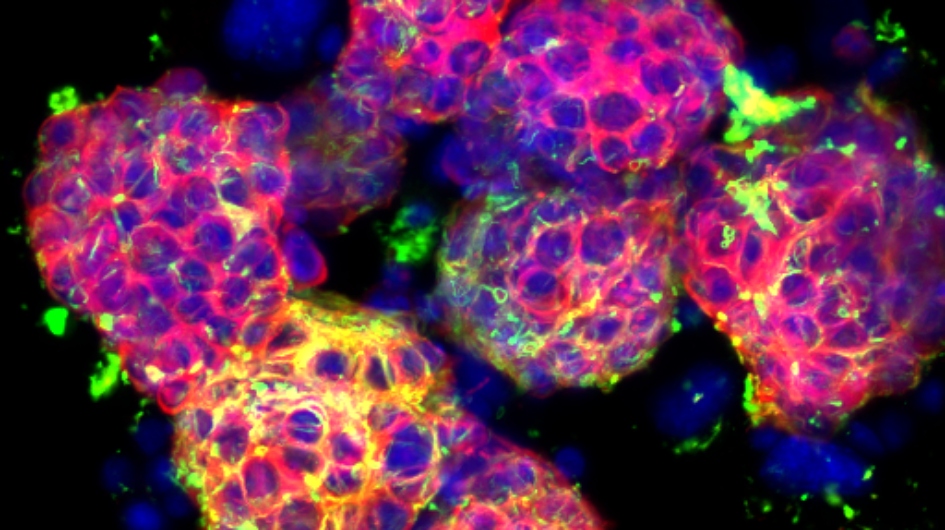
Innovative neuroblastoma research could lead to tailored treatments for high-risk patients
